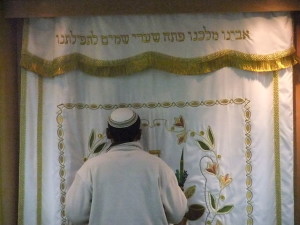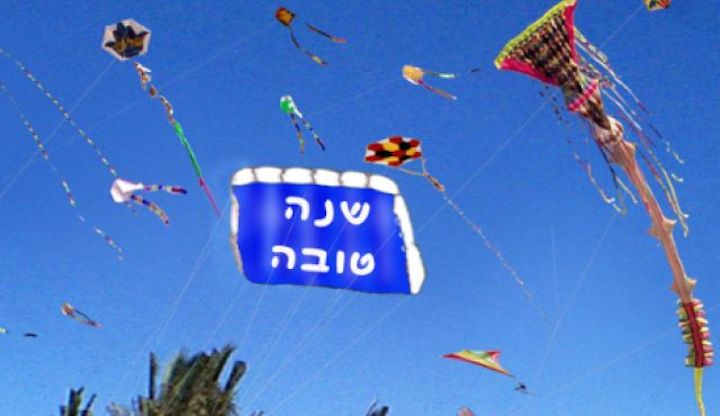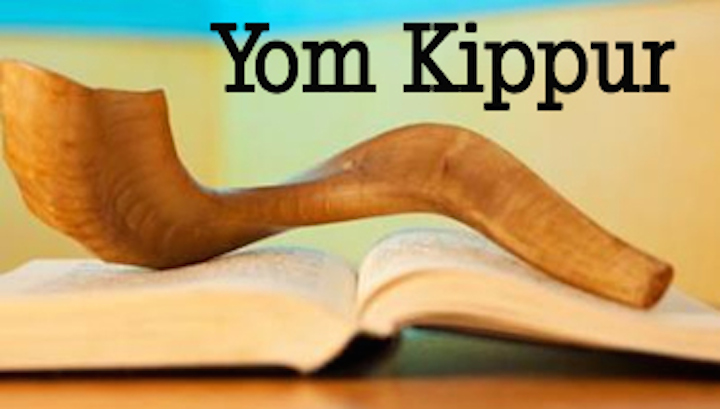A Note on the Origins of the Avinu Malkeinu Prayer
Matia Kam

Avinu Malkeinu, Our Father our Sovereign, is a special prayer recited on the Days of Awe (and on days of fast). It is customary to recite the prayer in the synagogue, in the morning (Shaharit) and during the afternoon (Minha) service. In most Jewish communities, this prayer is recited standing, as the Holy Ark is open. In Ashkenazi communities the Avinu Malkeinu is not recited on Shabbat, with the exception of Neilah at the end of Yom Kippur when it is included in the service.(1) In Sephardi communities the Avinu Malkeinu is recited on Shabbat though parts of it are also omitted in honor of Shabbat.


